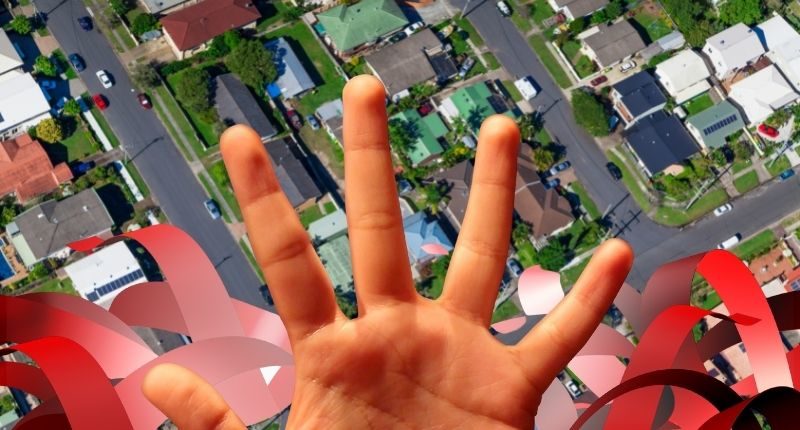- Federal inquiry into effect of zoning regulations and property taxes on house prices
- Led by Liberal MP Jason Falinski
- In response to housing affordability concerns across major cities
As first reported in the Australian Financial Review (AFR), Treasurer Josh Frydenberg has approved a federal inquiry to look into the effect zoning regulations and property taxes have in driving up house prices.
The inquiry will be led by Liberal MP Jason Falinski, chairman of the House standing committee on tax and revenue.
The government-led committee will examine the impact of current taxes, charges and regulatory settings at a federal, state and local government level on housing supply.
This inquiry comes as house prices continue to soar across the nation. NAB recently upgraded their forecast for dwelling prices, now expected to grow 18.5% in 2021, up from 14.1% estimated in the previous quarter. The Commonwealth Bank also upgraded its property price growth forecast for 2021 from 8% to 10%. This is certainly a turn around from all the pessimistic forecasts all the banks made in the middle of last year.
Unaffordability
Underpinning the remarkable rise in house prices is an issue at the forefront of Australian public policy – housing affordability.
Sydney and Melbourne are now the third and sixth most unaffordable cities in the world according to the 2021 Demographia International Housing Affordability report.
Long term trends for young people do not look favourable either.
While rising house prices are great for investors and those who already own a home, they are not so great for aspirational buyers wanting to get their foot in the door of the market. According to public policy think tank, the Grattan Institute – in the early 1990s, it took 6 years to save a 20 percent deposit on an average home. Today it takes 10 years.
Census figures show for those aged 25-29, the rate of home ownership has fallen from 50% in 1971 to 37 percent in 2016. For Australians aged 30-34, the decrease was similar – 64% in 1971, falling to 50% in 2016. If this trend continues, it is predicted that by 2056 just two-thirds of retirees will own their homes, down from nearly 80% today.
Speaking to the AFR, Mr Falinksi said it was too easy to blame negative gearing and low interest rates for rising house prices when a lack of supply caused by over-regulation was the fundamental problem.
Over regulation
A recent report from the Organisation for Economic Co-operation and Development (OECD) found that Australia’s planning approvals and zoning restrictions play a key role in limiting housing supply.
The findings of the OECD report also reflect the results of studies done by Australian researchers and think tanks.
A widely cited 2018 Reserve Bank of Australia (RBA) study found that restrictive zoning laws have contributed to the rise in apartment prices across the nation, particularly in Sydney.
“The effect of zoning has increased dramatically over the past two decades, likely due to existing restrictions binding more tightly as demand has risen,” the study concluded.
Reserve Bank of Australia (RBA) Governor Philip Lowe has cited strict planning regulations as a challenge to increasing the supply of housing. He said policy must make sure that “planning processes are sufficiently flexible to allow the supply side of the market to respond to the extra demand.”
And with Sydney house prices becoming the most unaffordable in the country, the NSW Productivity Commission was quick to call out the clunky planning and zoning systems, which were found to be twice as slow as in other states. There is currently an estimated dwelling shortage of 54,000 houses in NSW.
In a July 22 letter responding to Mr Falinski’s request, Mr Frydenberg wrote:
“I share your commitment to supporting more Australians to be able to own their own home and accordingly support the inquiry and the terms of reference you have proposed.
“I look forward to the committee’s findings.”








